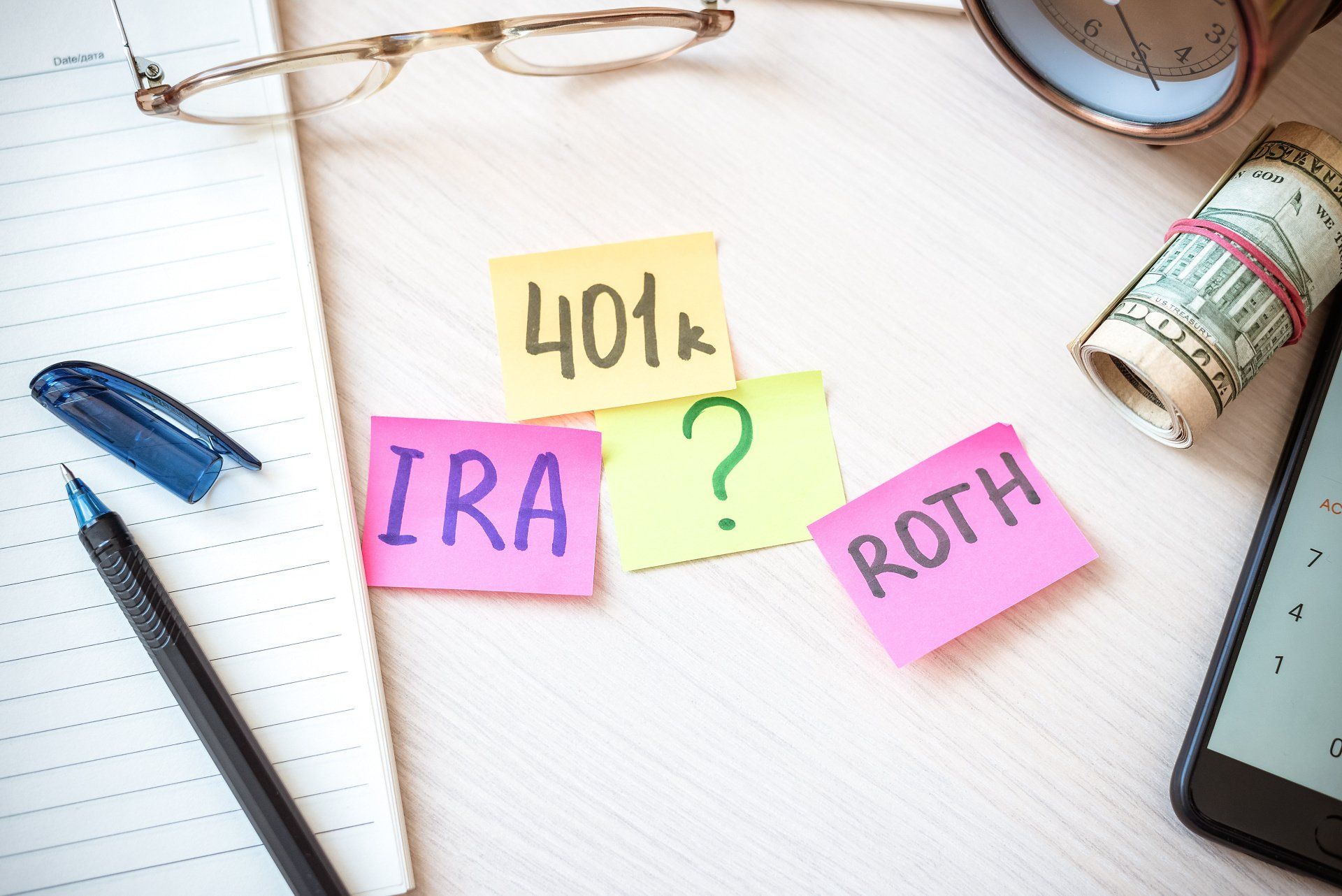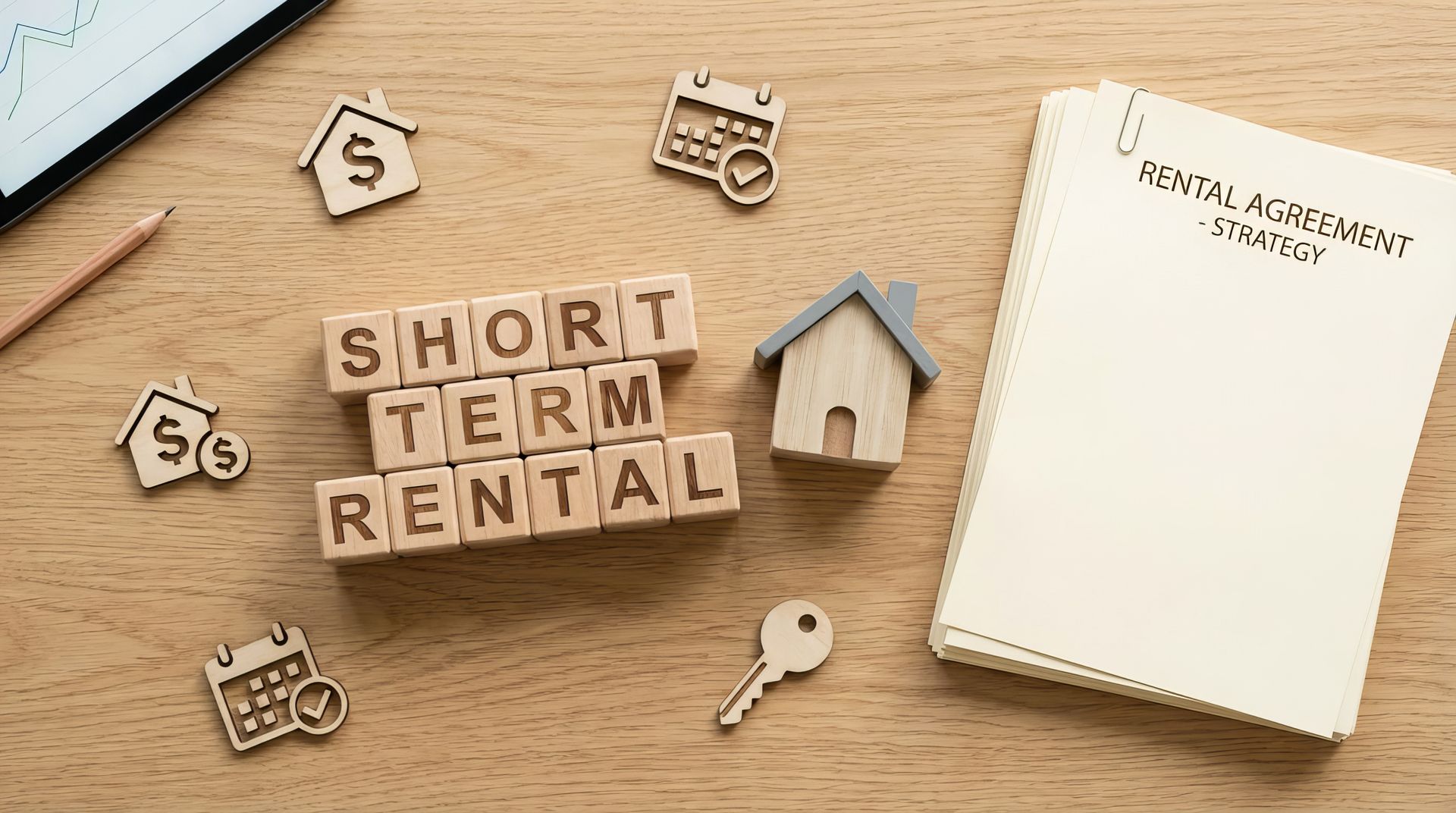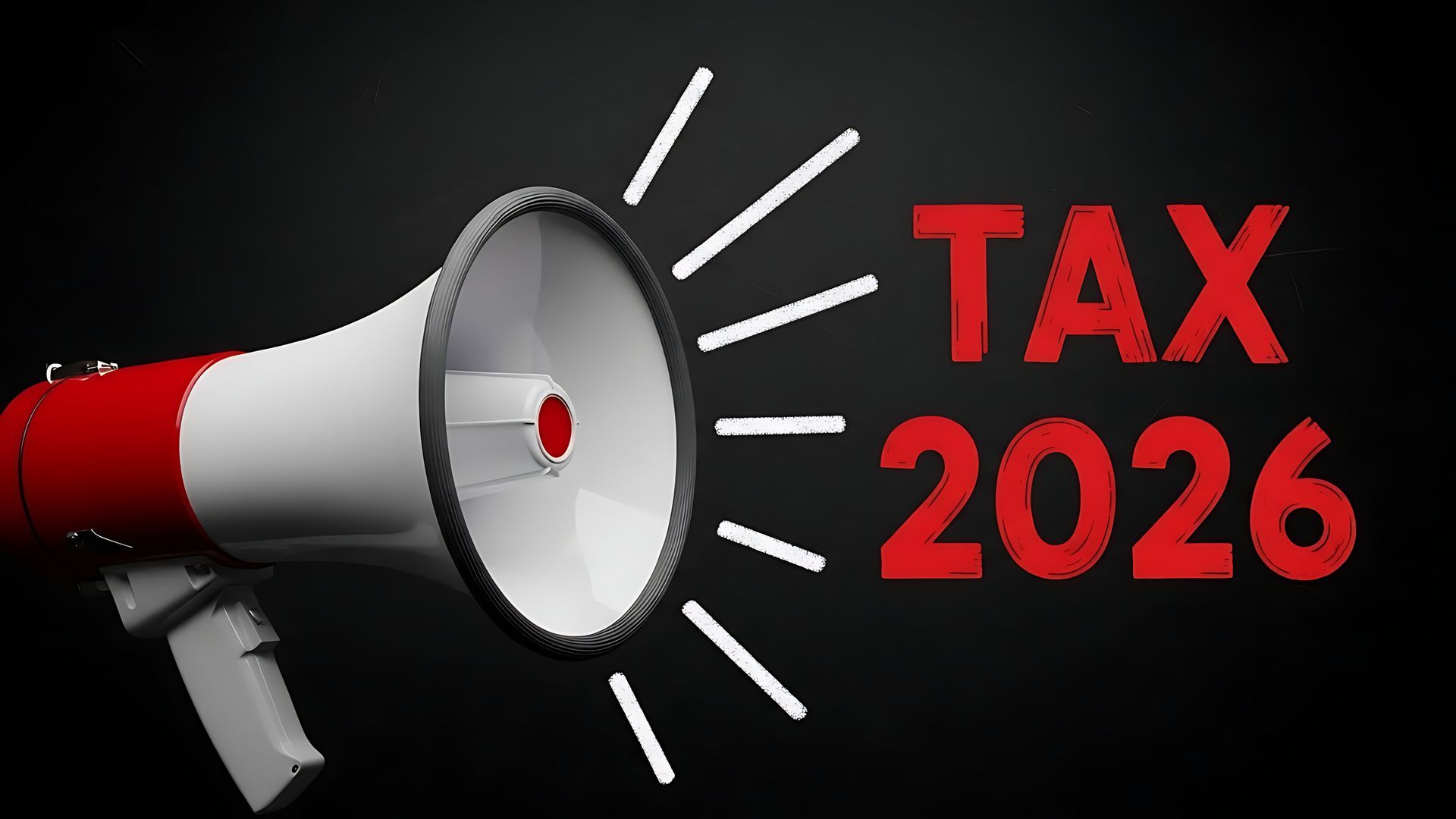What Do I Do with My 401(k) If My New Job Doesn’t Offer One?

Most people choose to either leave their 401(k) with the company that manages their previous employer’s 401(k) program, or they roll their 401(k) over into an individual retirement account (IRA).
If your previous employer’s 401(k) plan provider was Charles Schwab, Employee Fiduciary, ADP, Vanguard or a similar company, chances are you can leave your 401(k) parked with them indefinitely. You’ll still be able to rebalance the funds in your 401(k), but you will no longer be able to contribute to it.
Today’s Workers Might End Their Career with Dozens of Separate Retirement Accounts
One recent Gallup poll found 21 percent of millennials changed jobs in the previous year. It’s not uncommon for some workers, especially those in younger generations, to move to a new employer every two to five years. They may end up having many individual 401(k)s parked all over the investment world by the time they retire, which generally isn’t ideal.
A lot of workers prefer to have all their retirement savings in one centralized spot, which is why they choose to rollover their 401(k) to their central investment account. You can find lists on websites like bankrate.com that provide many online broker options for 401(k) rollovers.
There are also potentially scenarios where you might be forced to move the money in your employer-provided 401(k). This often occurs if you contributed less than $5,000 to the 401(k) while you were working for the company that provided the account. Employers have to pay 401(k) plan providers to manage their employees’ accounts. Small sums of money might not justify the expenditure on their end.
If you had less than $1,000 in the account, you might just get the money mailed to you as a check. If that happens you should immediately deposit it into some kind of retirement account to avoid IRS penalties related to early withdrawal of retirement funds.
In some cases, an employer may just move all the money in the 401(k) into an IRA in a practice known as an involuntary cashout.
Whether you get to keep your employee match funds currently in the 401(k) depends on whether the contributions required you to be fully vested. If you needed to be fully vested to receive those employee match contributions but you left the job before you reached that point, your employer can reclaim unvested contributions.
Can You Withdraw Your 401(k) Money After You Leave a Job?
Yes, you technically can, but that’s rarely a good idea unless you’re immediately putting it into another retirement account.
Thousands of people have left a job to start a new business or pursue some new opportunity and have mistakenly assumed their retirement savings is the best way to fund it. If you’ve got a sure-thing and you just need seed money, then you’ll probably make more in profit than you’ll lose in early withdrawal fees, right? Probably not.
You should always perform your own thoughtful cost-benefit analysis before prematurely withdrawing from a retirement savings accounts. Not only can it put you in a bad position in the future, but it will also result in a significant loss of savings. You’ll lose 10 percent of your savings right off the top as a penalty, then you’ll need to pay taxes on the total amount that you’ve withdrawn since it is considered income.
There are a rare handful of scenarios where you can withdraw retirement savings early without suffering the penalty, but you should still think carefully about whether that’s the best option for you.
Vesting and How It Could Affect Your Retirement Savings
Many workers don’t actually own all the money in their employer-provided 401(k). Your own contributions are 100 percent vested, but contributions made by your employer are sometimes on a vesting schedule.
Vesting schedules are usually based on years of employment. Many employers, especially those in industries where recruitment is tough or the experience of their employees is vital to their success as an organization, use vesting schedules as a retention tool.
For those employers, retirement matching funds might be a significant part of an employee’s benefits package. The risk of losing that benefit prevents those valuable employees from jumping ship.
There are different methods of vesting. Some employers might employ a cliff-vesting schedule, which means employees are not vested at all until a specific date, usually a few years after they’ve worked at the company. After that date they are fully vested.
Graduated vesting schedules are those in which your percentage of vesting increases each year. If you are 20 percent vested each year, then at five years of employment you’d own all the funds in your 401(k).
Need Help Deciding What to Do with Your 401(k)s, IRAs or Retirement Savings?
Withdrawing money from your retirement accounts can have a number of tax complications. Whether you are required to begin minimum withdrawals soon or you want to learn more about the potential tax ramifications of different retirement plans, the personal tax accountants at H&H Accounting Services can help.
Call us at (480) 561-5805 for a free initial consultation.



